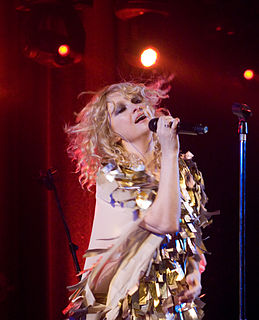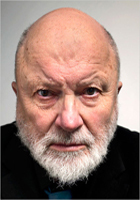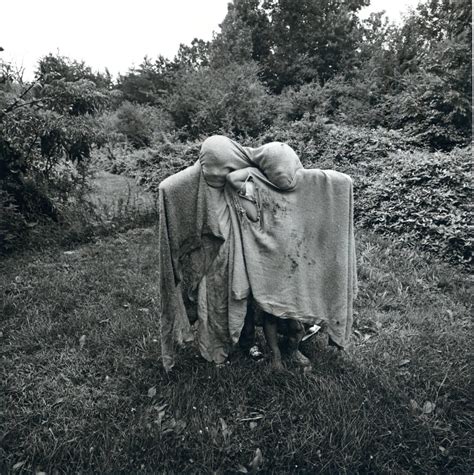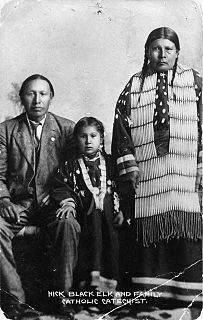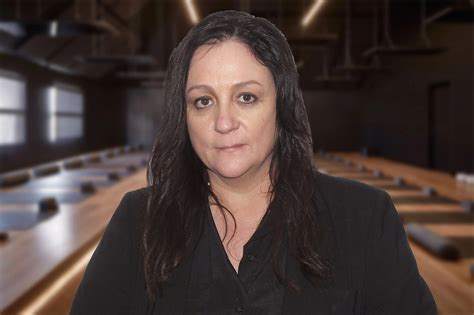A Quote by Tracy K. Smith
One of poetry's great effects, through its emphasis upon feeling, association, music, and image - things we recognize and respond to even before we understand why - is to guide us toward the part of ourselves so deeply buried that it borders upon the collective.
Related Quotes
I am the kind of person who doesn't recognize borders. I don't understand why we think it is okay to keep someone within one border when they are unable to feed their family when they could be getting help somewhere else. I don't see people as different so I don't understand the idea of borders in this world.
Often poetry, especially the sort of poetry I write, is concerned with looking at the borders between the sensual and the spiritual and seeing them as divided, equivocal, that mystery somehow can break in to the ordinary. And we read poetry I think in part, to gain a sense of that intimacy with things that we can't understand that are unable to be understood but that buoy up our lives.
we are continually overflowing toward those who preceded us, toward our origin, and toward those who seemingly come after us. ... It is our task to imprint this temporary, perishable earth into ourselves so deeply, so painfully and passionately, that its essence can rise again “invisibly,” inside us. We are the bees of the invisible. We wildly collect the honey of the visible, to store it in the great golden hive of the invisible.
We are difficult. Human beings are difficult. We're difficult to ourselves, we're difficult to each other. And we are mysteries to ourselves, we are mysteries to each other. One encounters in any ordinary day far more real difficulty than one confronts in the most “intellectual” piece of work. Why is it believed that poetry, prose, painting, music should be less than we are? Why does music, why does poetry have to address us in simplified terms, when if such simplification were applied to a description of our own inner selves we would find it demeaning?
We humans think we are smart, but an orchid, for example, knows how to produce noble, symmetrical flowers, and a snail knows how to make a beautiful, well-proportioned shell. Compared with their knowledge, ours is not worth much at all. We should bow deeply before the orchid and the snail and join our palms reverently before the monarch butterfly and the magnolia tree. The feeling of respect for all species will help us recognize the noblest nature in ourselves.
Medicine is often conservative and slow to incorporate something that wasn't there before and that we're afraid people are going to laugh at us for. But, the beauty of music is - well, a couple things. There are no side effects that are harmful. Music doesn't do that. It doesn't have any negative effects whatsoever. So I do think it's going to come, but I think it's a new idea for people.
I think what everyone can do is start creating spaces and forums, talk to peers, friends and family, and start deconstructing these things we take for granted, unpack these old systems, in order to understand ourselves more deeply, to understand why we do the things we do and how our privileges affect other people's lack of privilege.
Of course, this is one of the really important things about art, that you can make more than you can understand at the moment the thing is being made. But the gap between what we recognize inside ourselves - our feelings- and our ability to trust ourselves and to trust exposing ourselves to those ideas, can be great.
We should understand well that all things are the work of the Great Spirit. We should know the Great Spirit is within all things: the trees, the grasses, the rivers, the mountains, and the four-legged and winged peoples; and even more important, we should understand that the Great Spirit is also above all these things and peoples. When we do understand all this deeply in our hearts, then we will fear, and love, and know the Great Spirit, and then we will be and act and live as the Spirit intends.
I happen to believe the world will change only when we change ourselves. And that starts with finding ourselves: learning to quiet the clamor in our minds and the voices of everyone around us and move toward what feels right – toward the things we know, for reasons we can’t explain, that we’re mean to do, the things that makes us feel alive.
One listens to a piece of great music, say, and feels deeply moved by it, and wants to put this feeling into words, but it can't be put into words. That's what - the music has already supplied the meaning, and words will just be superfluous after that. But it's that kind of verbal meaning that can't be verbalized that I try to get at in poetry.

